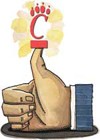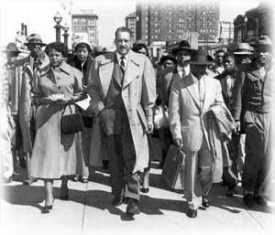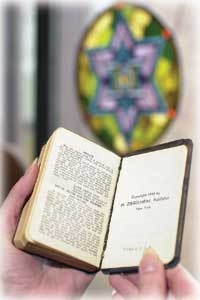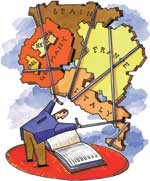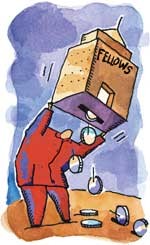Hollywood ending for D.C. internship
As college internships go, landing one at the White House during wartime was a bonus of which few would dream.
Consequently, communications major Stephen Rosfeld was pretty darned happy, even before he realized the story was going to generate its very own Hollywood ending.
Although Rosfeld’s family knew that he had seen the president “up close” a few times during his January-through-May assignment, they had no expectations of getting to do the same when they visited from Cincinnati. Nevertheless, they grew quite excited when they saw a presidential motorcade approaching.
Then they found themselves holding their breath when the limousine stopped near them. The door opened and out stepped ... Martin Sheen, President Bartlett in the TV show “West Wing.”
Because Sheen is from Dayton, Ohio, their common heritage provided a great conversation starter. “He’s a very nice man,” Rosfeld says. “I told him I worked for the real president, and he got a kick out of it.”
On his internship, Rosfeld worked as a research assistant, reporting to University of Cincinnati alumnus Andrew Ciafardini, deputy director in the White House office of scheduling. He researched events the president would attend, the venues he would visit, sponsoring organizations and people he would meet.
“ I felt very fortunate to have done that,” he says. “It was kind of like a fantasy camp. On a daily basis, you never knew who you would see.”
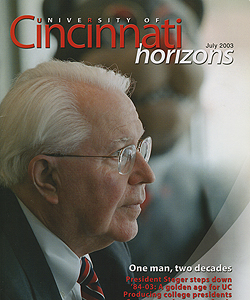
 Past Issues
Past Issues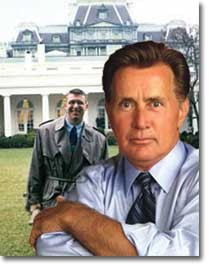
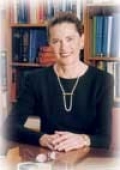


![Composer Philip Glass [center] meets with the UC student orchestra. Photo/Dottie Stover Glass](https://magazine.uc.edu/issues/0703/news/jcr%3acontent/MainContent/textimage_5/image.img.jpg/1311010938711.jpg)
